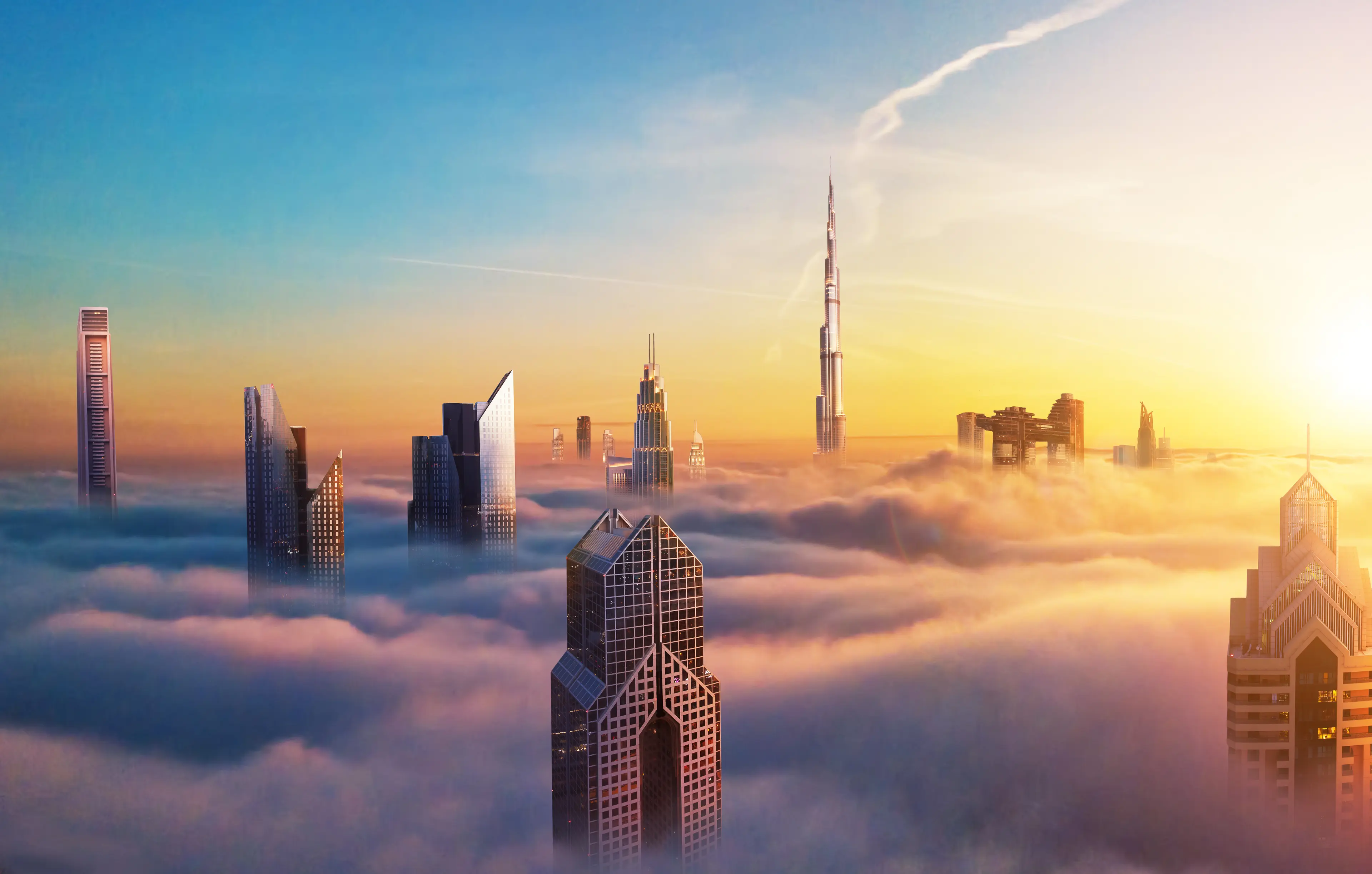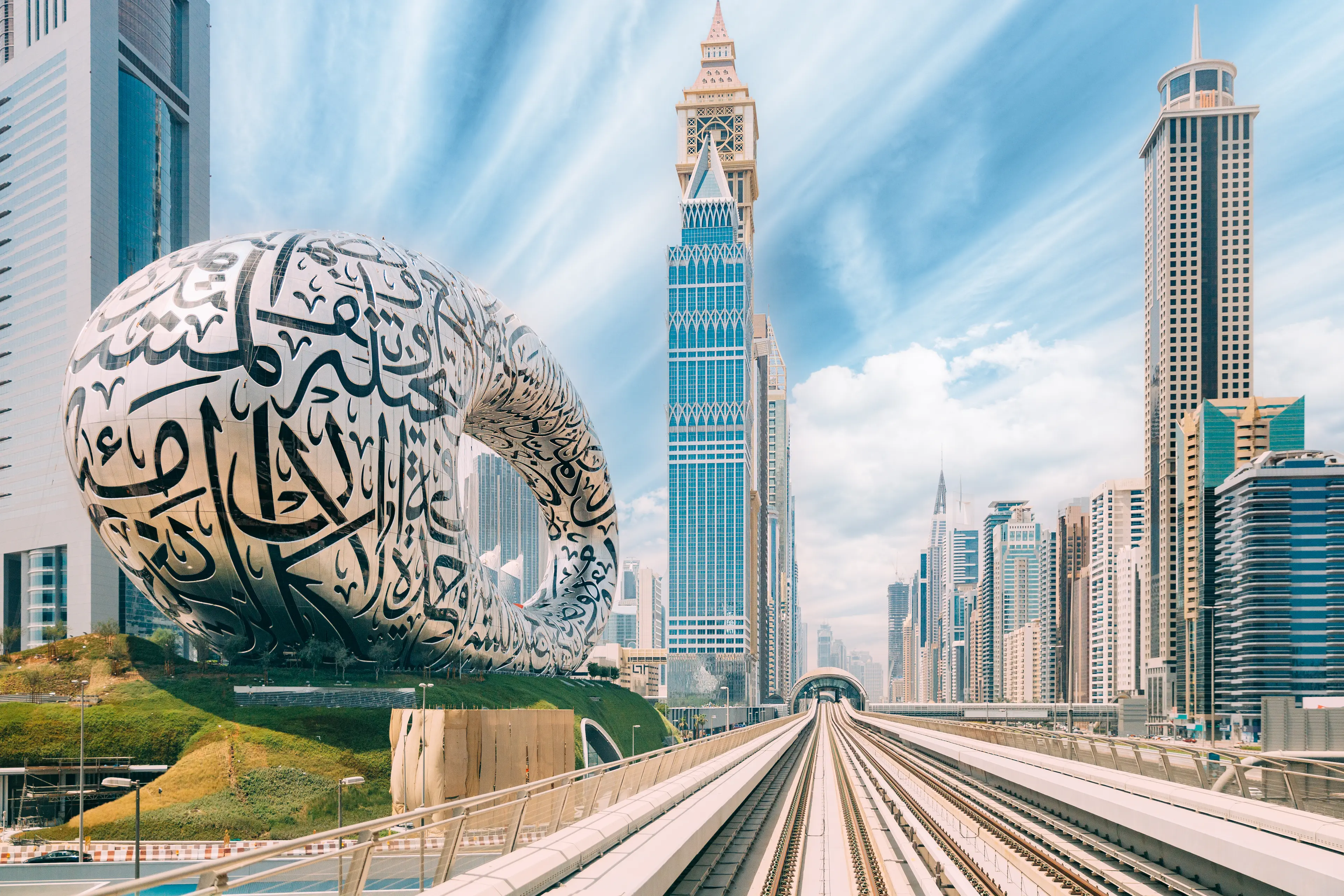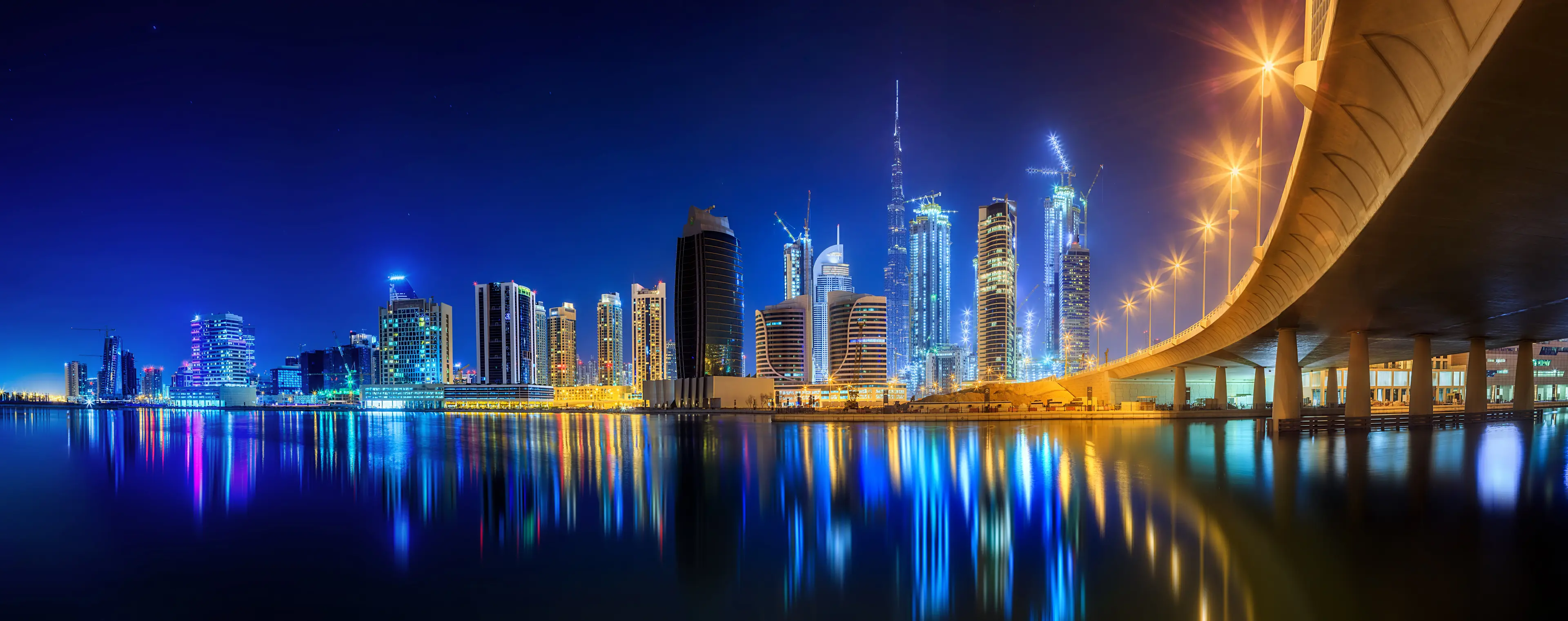Romantic One-Day Relaxation and Sightseeing Tour in Dubai
Dubai, United Arab Emirates
1 days
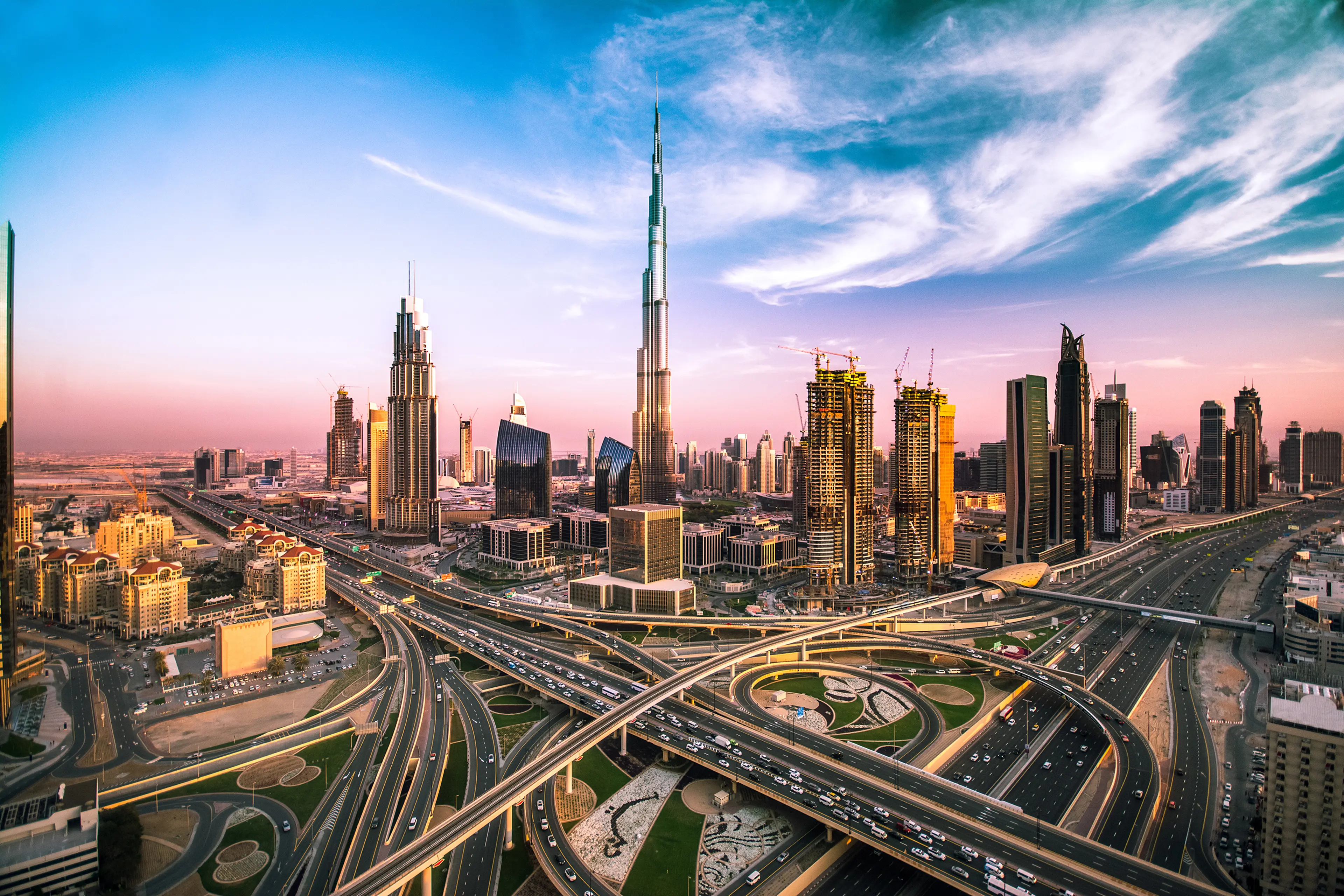
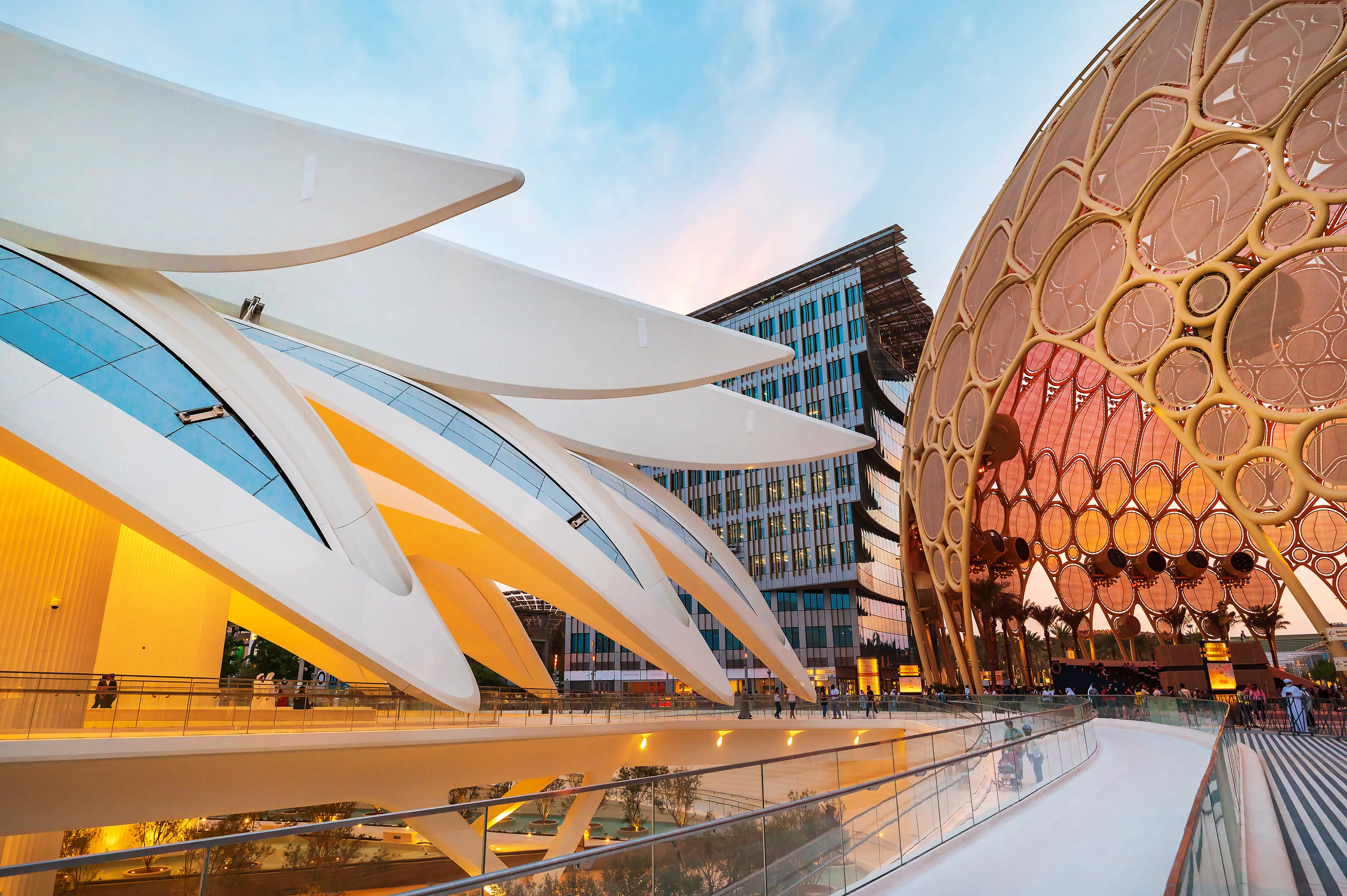
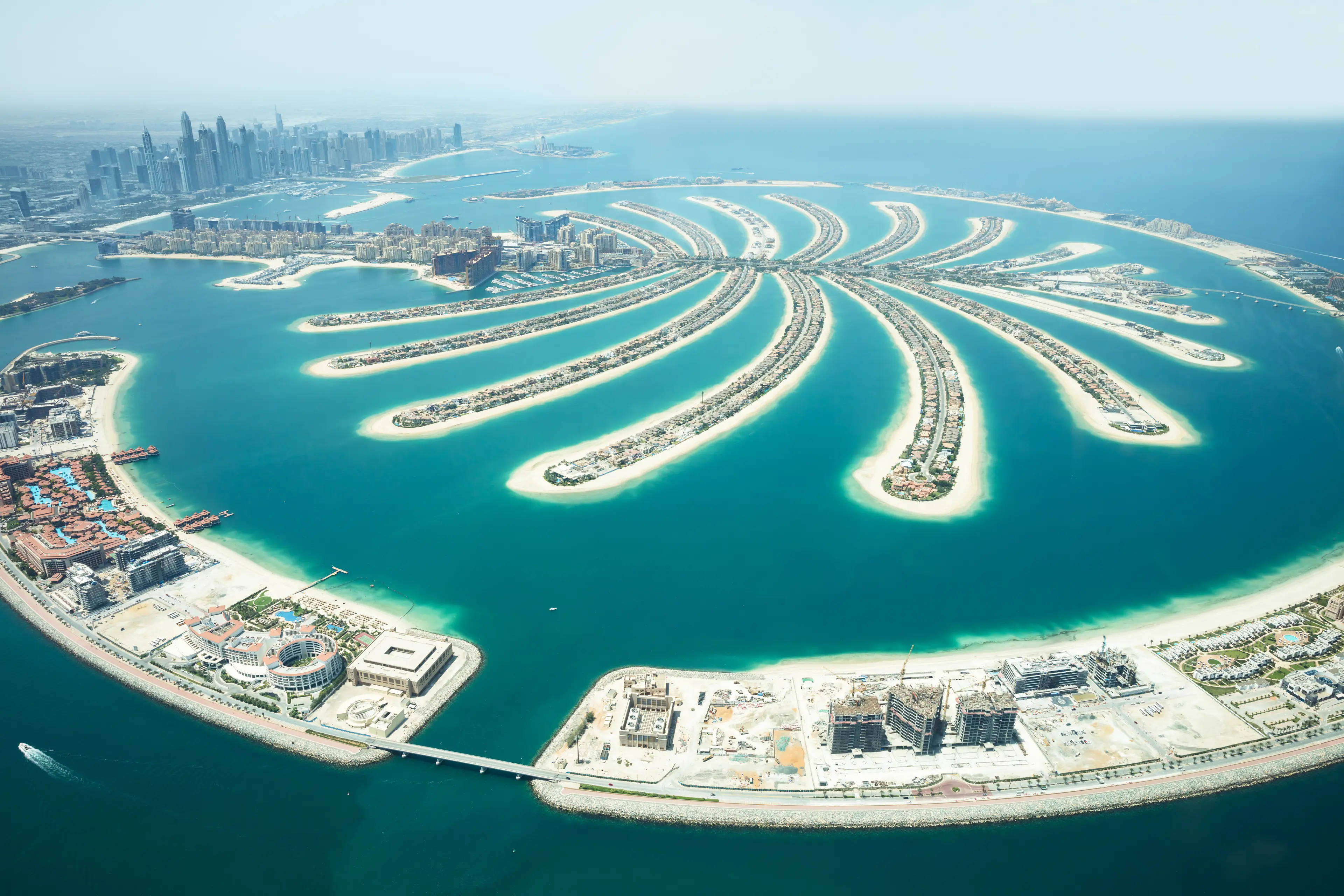
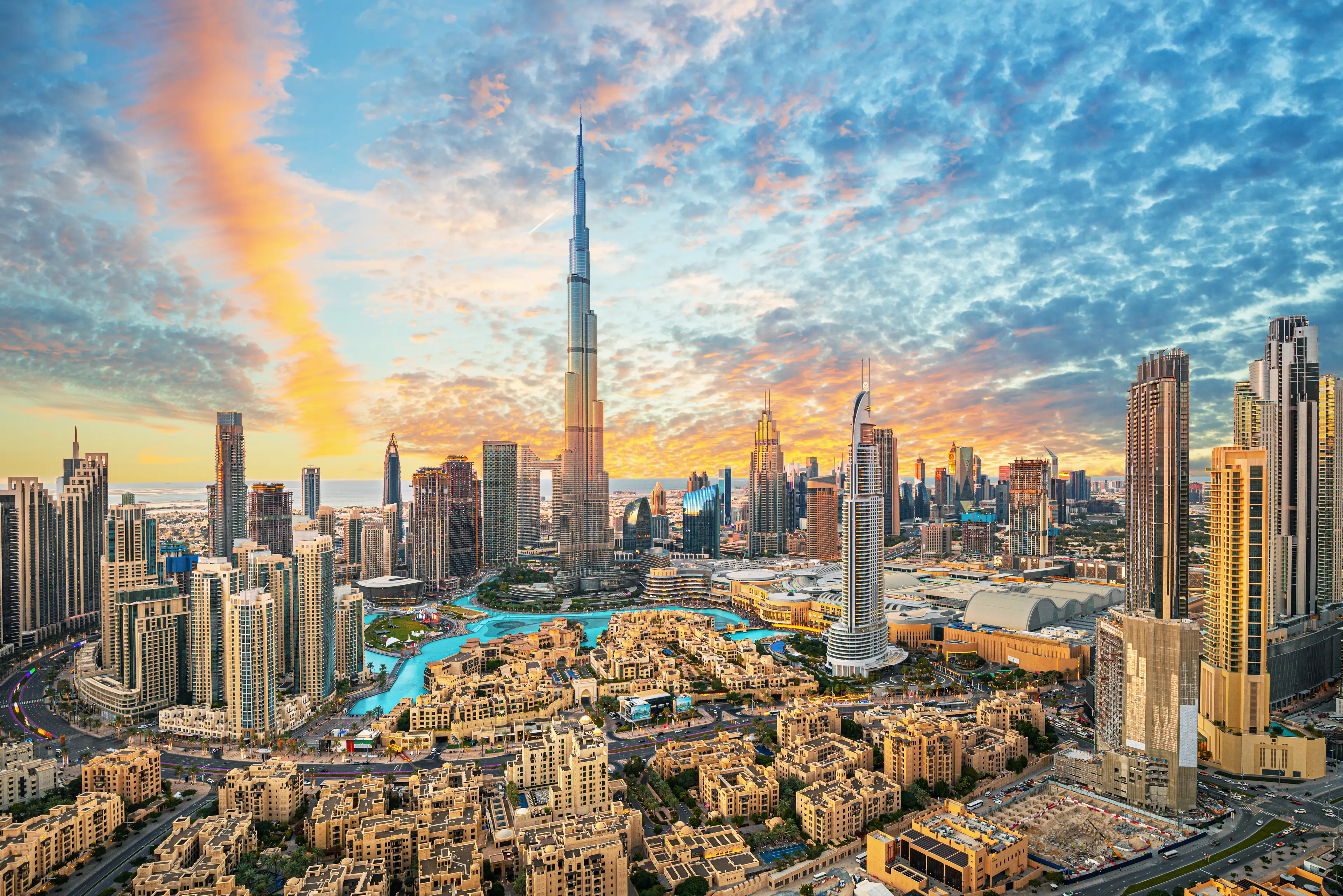
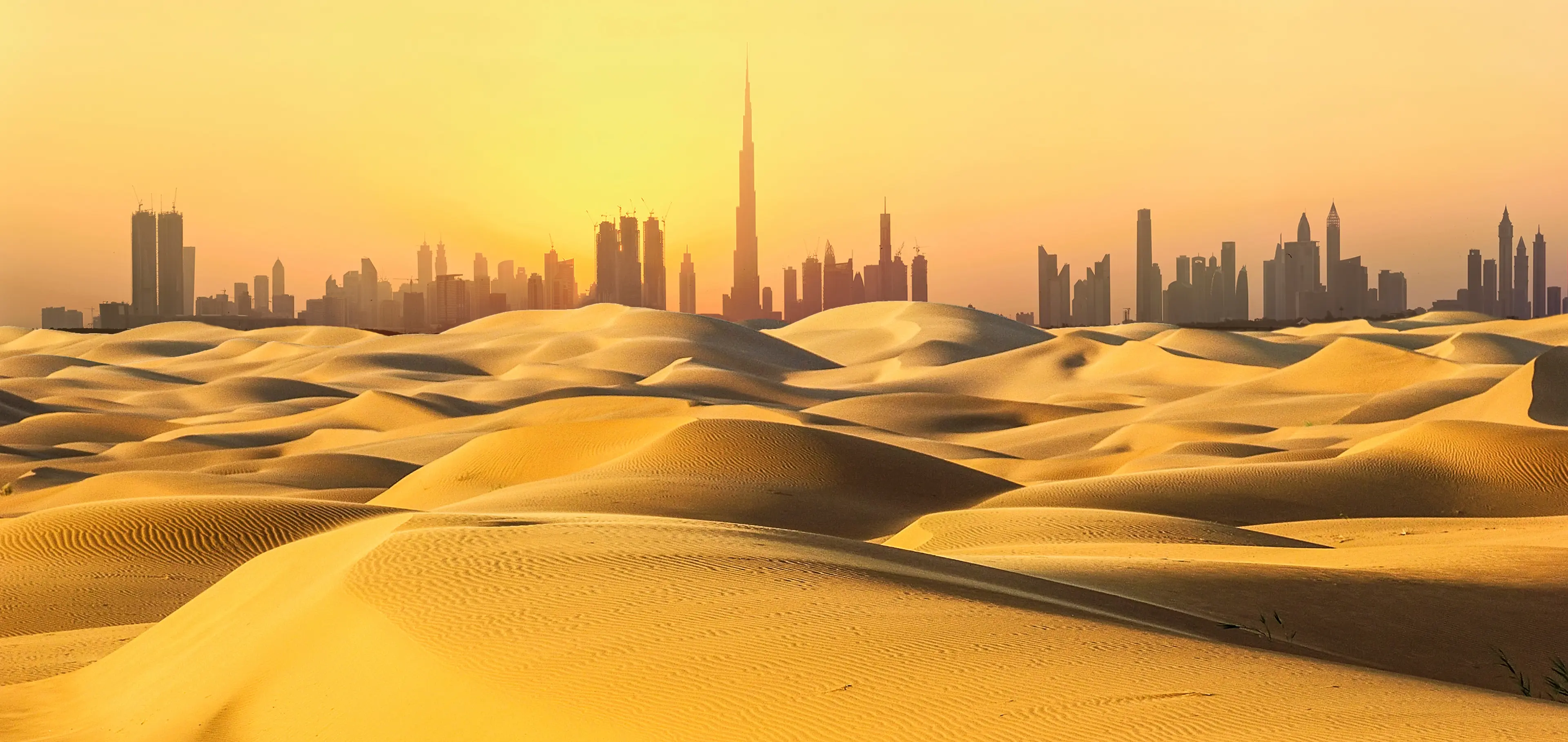
About Dubai, United Arab Emirates
Dubai, the jewel of the United Arab Emirates, offers a unique blend of modernity and tradition. This cosmopolitan city is renowned for its futuristic architecture, including the world's tallest building, the Burj Khalifa. Explore the vast Dubai Mall, indulge in luxury shopping at Mall of the Emirates, or experience the traditional Gold and Spice Souks. Enjoy the thrill of desert safaris, witness the mesmerizing Dubai Fountain, or relax at the stunning Jumeirah Beach. Discover the rich Emirati culture at Dubai Museum or the historic Bastakiya Quarter. With world-class dining, entertainment, and hotels, including the iconic Burj Al Arab, Dubai promises an unforgettable travel experience.
1-Day Itinerary
Attractions in Itinerary (5)

1Burj Khalifa
The tallest structure and building in the world, offering breathtaking views from its observation deck.

2Dubai Mall
One of the world's largest shopping malls, featuring over 1,200 shops, an aquarium, and an indoor theme park.

3Dubai Aquarium & Underwater Zoo
One of the largest suspended aquariums in the world, housing thousands of aquatic animals and a 48-meter walk-through tunnel.

4Dubai Fountain
The world's largest choreographed fountain system, offering spectacular shows set to music and lights.

5Dhow Cruise
A traditional wooden boat offering scenic cruises along Dubai's waterways, often including dinner and live entertainment.
Local Food and Drinks (12)
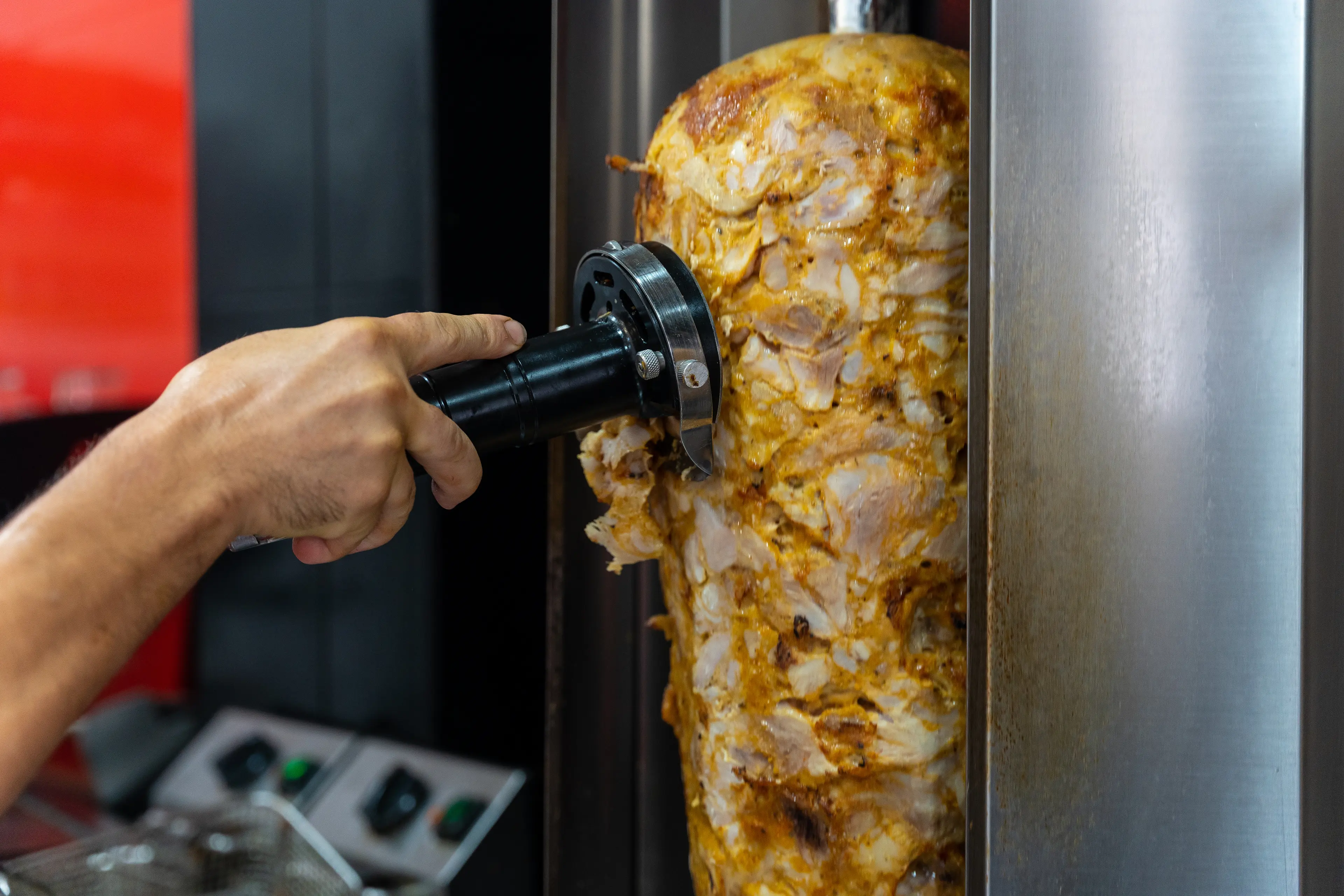
Shawarma
A popular street food in Dubai, Shawarma is a wrap made with either chicken or lamb, mixed with a variety of vegetables, garlic sauce, and pickles.
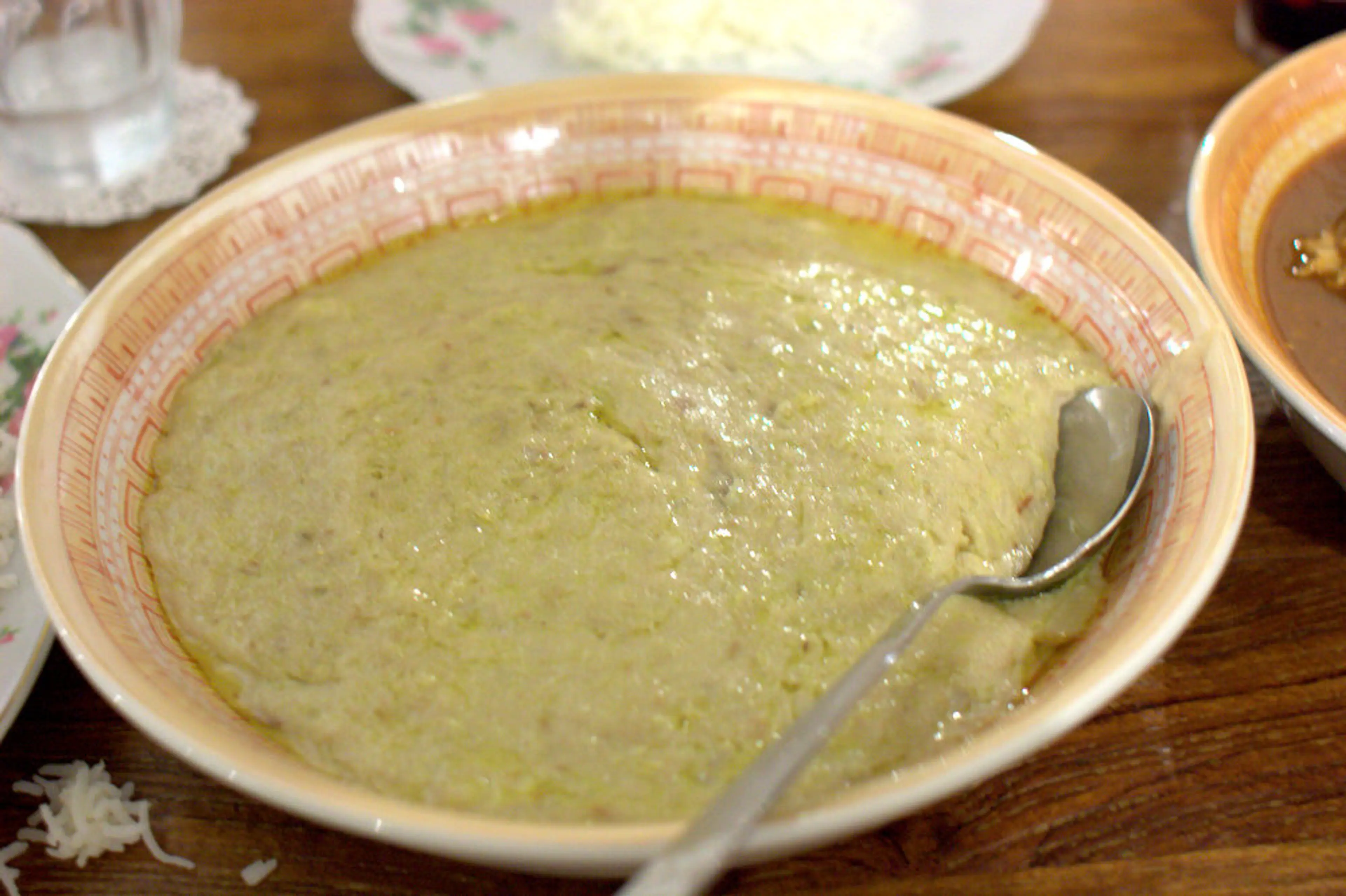
Al Harees
A traditional Emirati dish, Al Harees is a simple yet flavorful dish made with meat and wheat, slow-cooked for hours, often served during Ramadan and Eid in Dubai.
Stuffed Camel
Considered one of the most luxurious and celebratory foods in Dubai, Stuffed Camel consists of a whole camel, stuffed with chicken, eggs, fish, and rice.
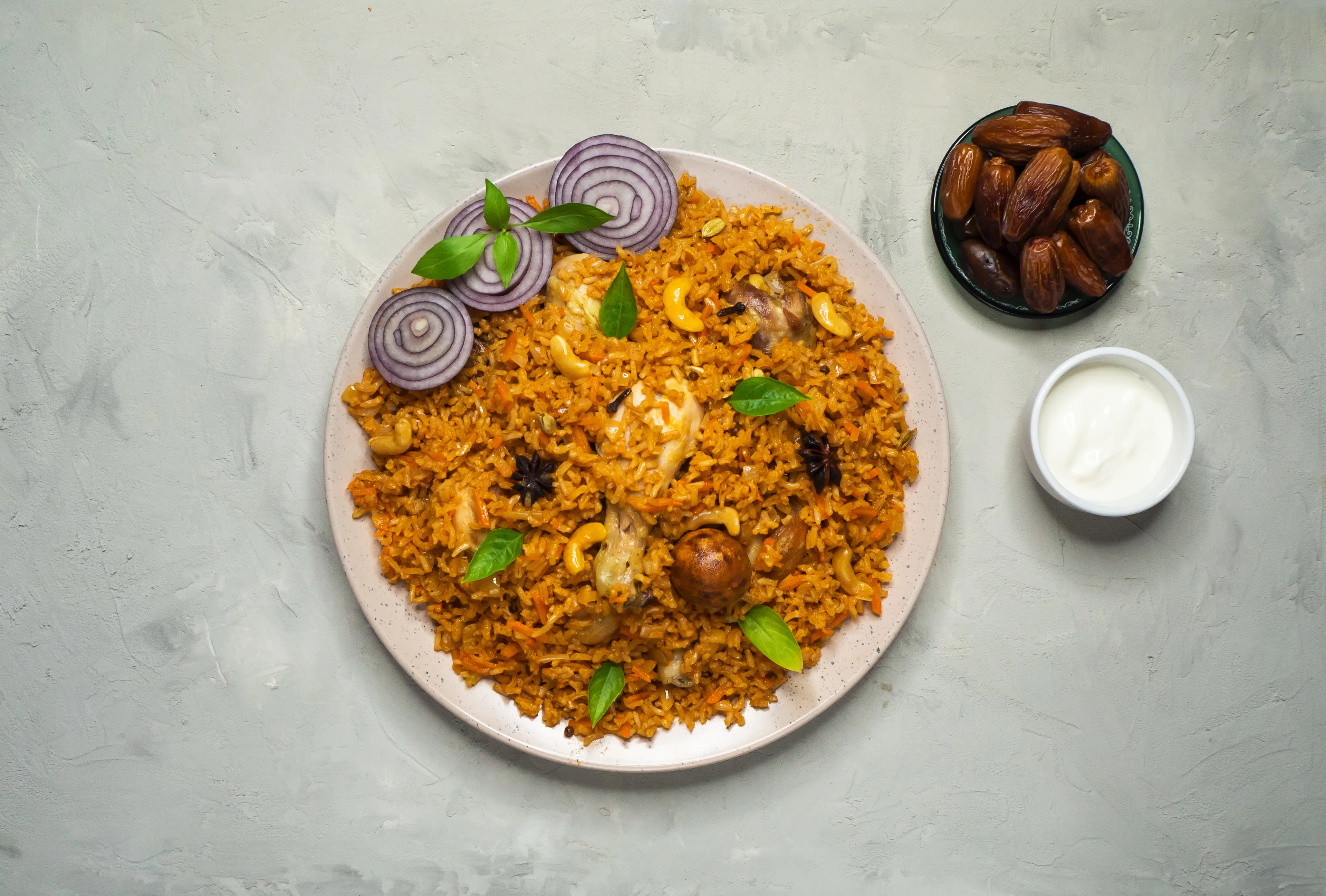
Al Machboos
Al Machboos is a traditional Emirati dish made with rice, meat, and a blend of spices, similar to Biryani, and is a staple food in Dubai.

Luqaimat
A popular dessert in Dubai, Luqaimat are sweet dumplings made from butter, milk, sugar, saffron, and cardamom, then deep-fried and drizzled with date syrup.
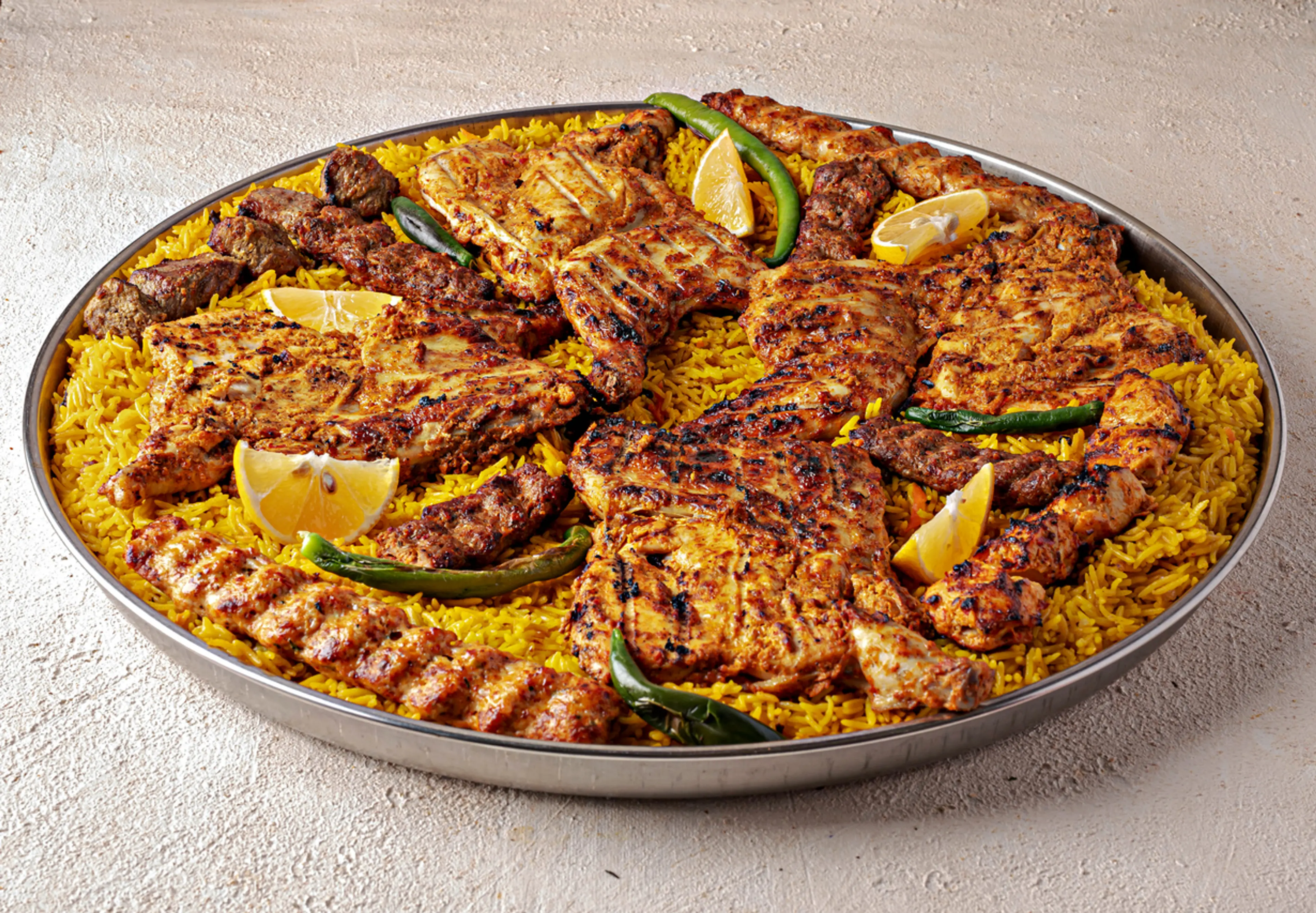
Kabsa
Kabsa is a flavorful Arabian dish made of rice, meat (usually chicken or lamb), and a blend of spices, often enjoyed in Dubai.
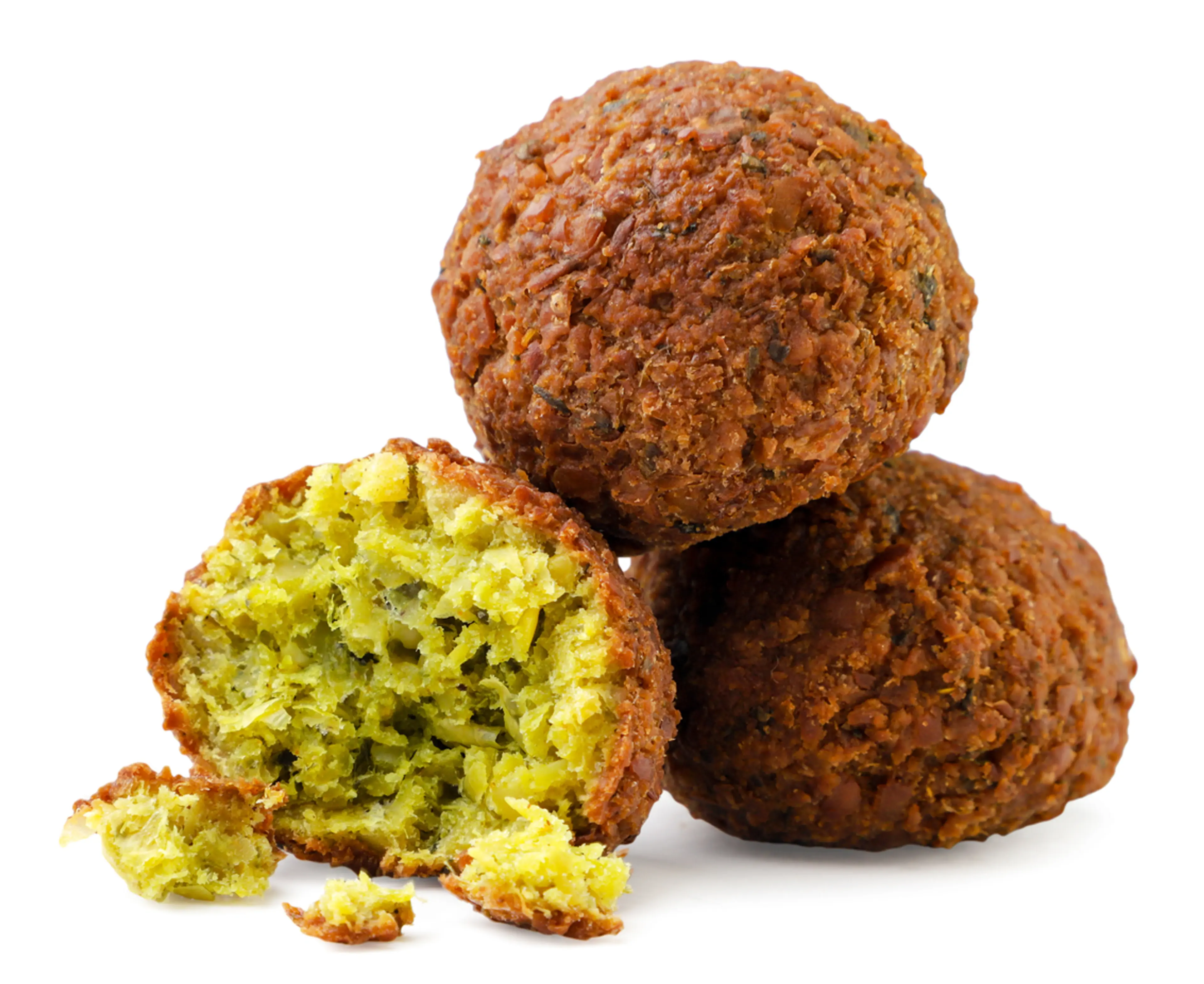
Falafel
A common street food in Dubai, Falafel is a deep-fried ball or patty made from ground chickpeas or fava beans, often served in a pita or wrapped in a flatbread.
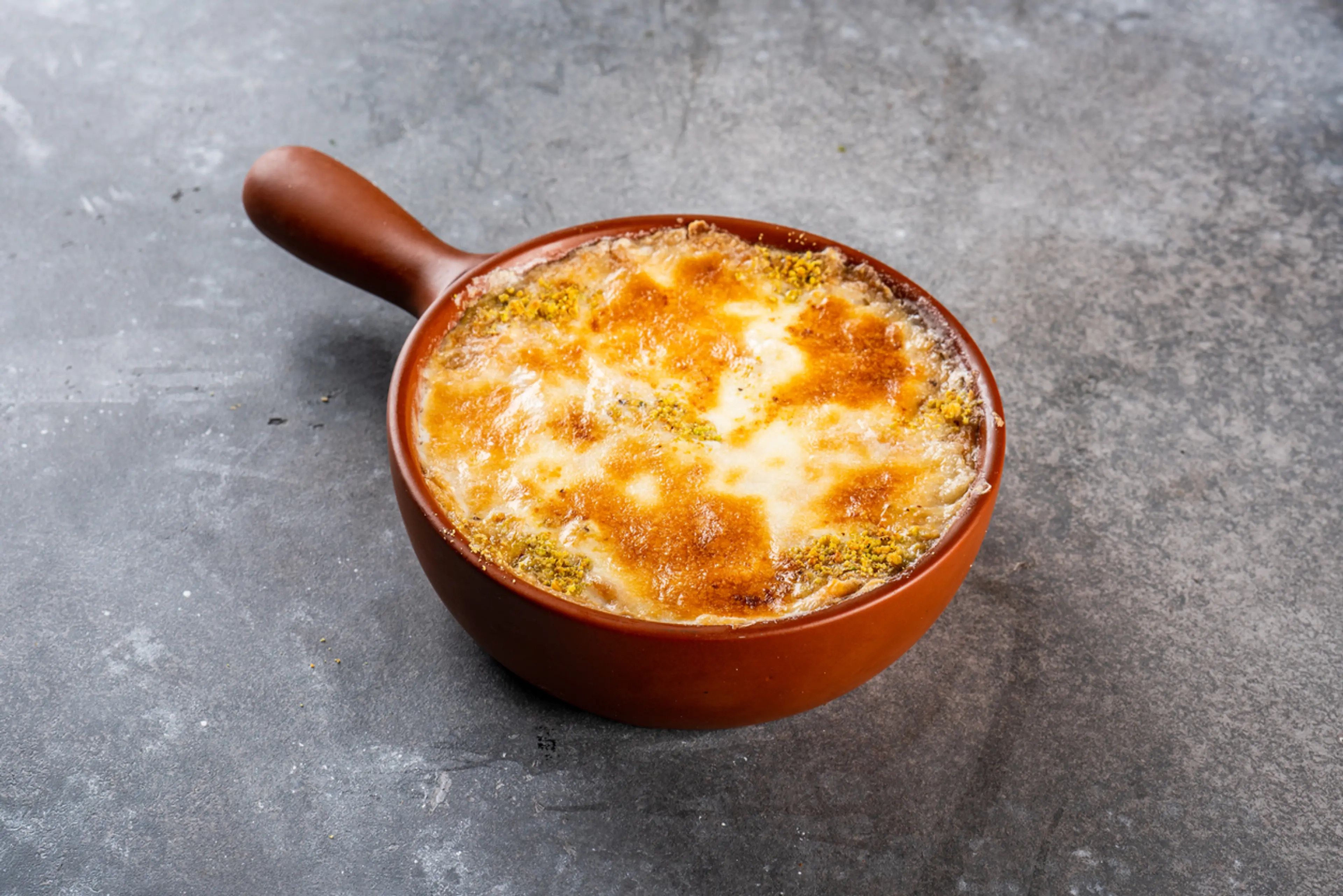
Umm Ali
Umm Ali is a traditional Egyptian dessert that has become popular in Dubai. It's a bread pudding dessert with milk, cream, sugar, and various nuts.

Tabbouleh
A healthy and refreshing salad, Tabbouleh is made with finely chopped parsley, tomatoes, mint, onion, bulgur, and seasoned with olive oil, lemon juice, salt, and pepper. It's a common dish in Dubai.
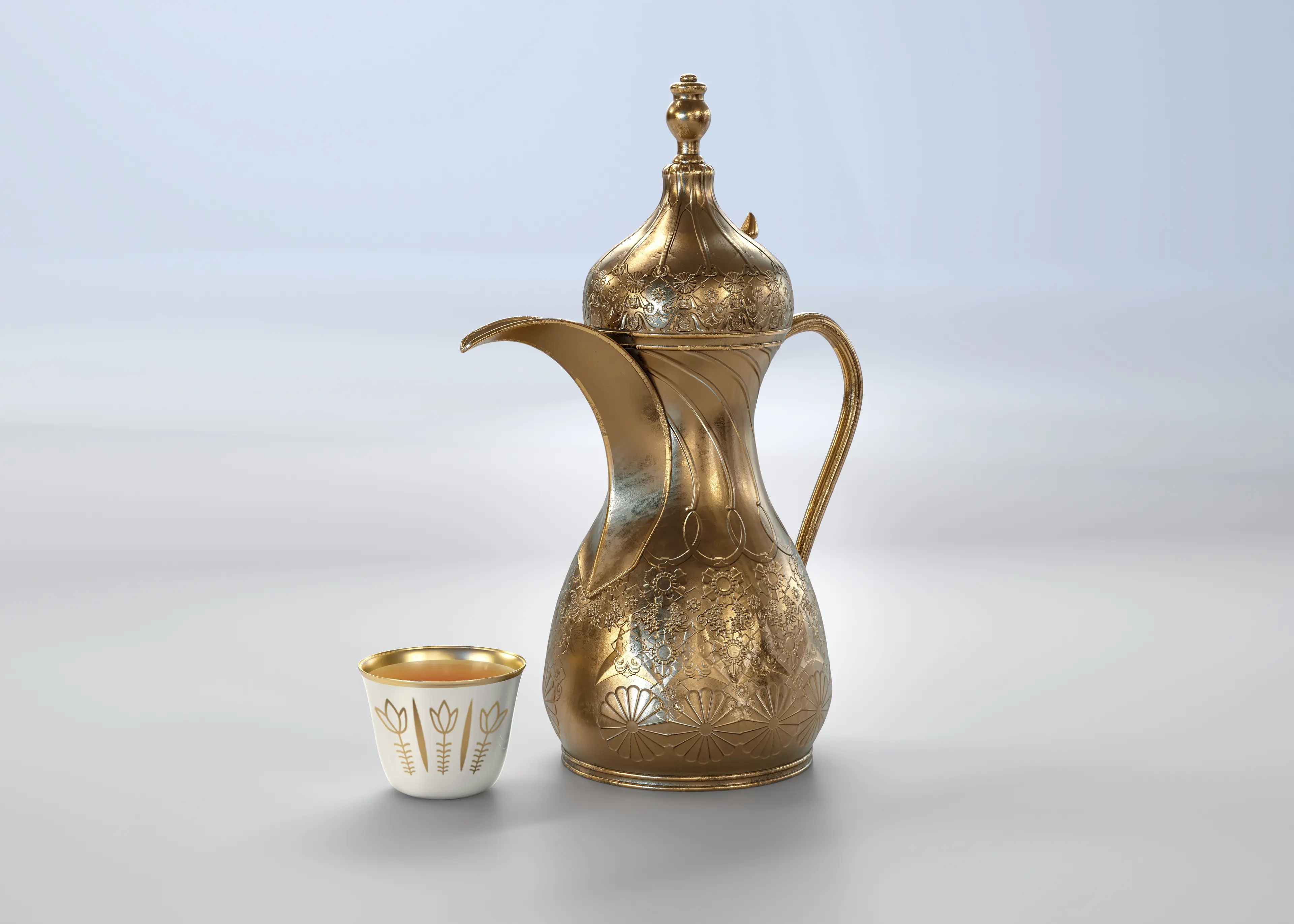
Gahwa
Gahwa is a traditional Arabic coffee served in Dubai. It's a symbol of hospitality, often served with dates.
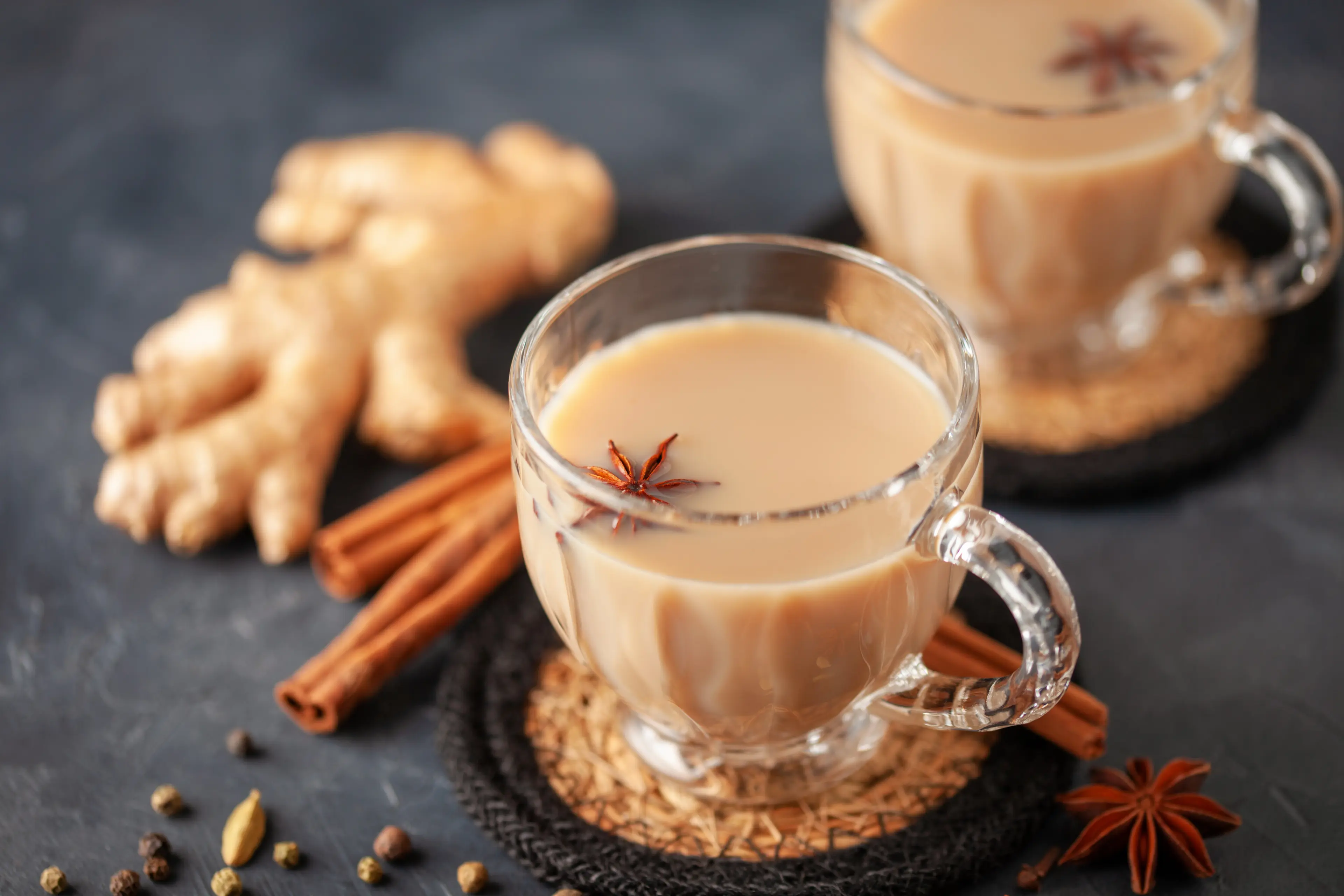
Karak Chai
Karak Chai is a strong, sweet tea that's a staple in Dubai. It's made by boiling black tea with milk, sugar, and spices like cardamom and saffron.
Tamar Hindi
Tamar Hindi is a popular drink in Dubai made from tamarind, sugar, and water. It's sweet and tangy, and often served chilled.
Best time to visit
The best time to visit Dubai, United Arab Emirates is during the cooler months, from November to April. During these months, the city experiences pleasant weather with temperatures ranging from 24°C to 35°C, making it perfect for outdoor activities and beach visits. This period also coincides with several major events such as the Dubai Shopping Festival and the Dubai Food Festival. However, it's also the peak tourist season, so expect larger crowds and higher prices for accommodation.
How to get around
Taxi
Taxis are a common and convenient way to get around in Dubai. They are metered, air-conditioned, and can be hailed down on the street or booked in advance. Dubai Taxi Corporation, a government-operated company, is the primary provider.
Ridesharing
Ridesharing services like Uber and Careem are widely available in Dubai. They offer a convenient and often cheaper alternative to taxis. You can book a ride using their respective mobile apps.
Metro
Dubai Metro is a fully automated rail system with two lines (Red and Green) covering major parts of the city. It's a fast, reliable, and cost-effective way to travel around Dubai. Stations are well-equipped with facilities like lifts, retail outlets, and connection to other public transport.
Bus
Dubai's extensive bus network covers the entire city and is a cheaper alternative to taxis or the metro. Buses are air-conditioned and equipped with facilities like wheelchair access. You can pay for your journey using a Nol card.
Tram
The Dubai Tram operates in the Marina and JBR area, connecting to the Dubai Metro and the Palm Monorail. It's a convenient way to travel around these areas, especially for tourists.
Water Taxi
Water taxis, or abras, are traditional wooden boats that operate in Dubai Creek and the Dubai Marina. They offer a unique and scenic way to travel around these areas.
Monorail
The Palm Monorail runs along the length of the Palm Jumeirah, connecting it to the mainland. It offers stunning views of the Palm, the Arabian Gulf, and the Dubai skyline.
Bicycle
Dubai has a growing network of cycling paths, and bicycles can be rented from various locations around the city. It's a fun and eco-friendly way to explore the city, especially during the cooler months.
Car Rental
If you prefer to drive yourself, car rental services are widely available in Dubai. You will need an international driving permit along with your original driving license. Remember that driving is on the right-hand side in the UAE.
Limousine
For a more luxurious travel experience, you can hire a chauffeur-driven limousine. Many hotels and private companies offer this service.
Helicopter
For a truly unique perspective of Dubai, consider a helicopter tour. Several companies offer helicopter rides that provide breathtaking aerial views of the city's iconic landmarks.
Important information
Currencyد.إ AED
Time zoneUTC+4
Driving sideRight
Emergency phone998, 999
Drinking waterYes, but some opt for bottled water
Power sockets
Voltage230 V
Things to know about Dubai, United Arab Emirates as a first time visitor
1
Dubai is an Islamic city, and it's important to respect the local customs and traditions. Dress modestly, especially when visiting mosques or traditional areas.
2
The official language is Arabic, but English is widely spoken and understood.
3
The local currency is the United Arab Emirates Dirham (AED). Credit cards are widely accepted, but it's a good idea to carry some cash for smaller purchases.
4
Dubai has a desert climate with extremely hot summers. Temperatures can reach up to 113°F (45°C) in the summer, and 75°F (24°C) in the winter.
5
The weekend in Dubai is Friday and Saturday. Many businesses and schools close on these days.
6
Dubai is known for its strict laws. Actions considered minor offenses in other countries can lead to heavy fines or imprisonment in Dubai.
7
Alcohol is available in licensed bars and restaurants, usually within hotels. Drinking in public or being drunk in public is illegal.
8
Tipping is not obligatory in Dubai, but it is customary to tip waitstaff, taxi drivers, and hotel staff.
9
Dubai is one of the safest cities in the world, but it's still important to take usual travel precautions.
10
Public displays of affection are frowned upon and can even lead to fines or imprisonment.
11
Dubai is known for its luxury shopping. Remember to bargain in traditional markets, known as souks.
12
Dubai is very well connected by public transport, including the Dubai Metro, taxis, and buses.
13
The tap water in Dubai is safe to drink, but most people prefer to drink bottled water.
14
Dubai has strict drug laws. Even some prescription medications can be considered illegal narcotics.
15
The standard voltage in Dubai is 220V. The power plugs and sockets are of type G.
16
Dubai has a zero-tolerance policy towards driving under the influence of alcohol.
17
During the holy month of Ramadan, eating, drinking, and smoking in public during daylight hours is considered disrespectful.
18
Dubai has a high standard of healthcare. It's recommended to have comprehensive travel insurance that covers healthcare.
19
Dubai is 4 hours ahead of UTC (Coordinated Universal Time).
20
Internet access is widely available in Dubai, but some websites and VoIP services are blocked.
Basic Arabic to know as a first time visitor
English phrase | Native phrase | Pronunciation | When to use it |
|---|---|---|---|
Hello | مرحبا | Marhaba | Greeting someone |
Goodbye | وداعا | Wadaeaan | Leaving or saying goodbye to someone |
Please | من فضلك | Min fadlak | When asking for something |
Thank you | شكرا | Shukran | After receiving something or someone's help |
Yes | نعم | Naam | Agreeing with someone or something |
No | لا | La | Disagreeing with someone or something |
Excuse me | عفوا | Afuwan | Getting someone's attention or apologizing |
I'm sorry | أنا آسف | Ana asef | Apologizing |
Do you speak English? | هل تتكلم الإنجليزية؟ | Hal tatakallam al'injliziya? | When you need to communicate in English |
I don't understand | لا أفهم | La afham | When you don't understand what's being said |
Where is the bathroom? | أين الحمام؟ | Ayna alhammam? | When you need to use the restroom |
How much does this cost? | بكم هذا؟ | Bikam hadha? | When you want to know the price of something |
I need a doctor | أحتاج إلى طبيب | Ahtaj ila tabib | When you're not feeling well and need medical assistance |
Can you help me? | هل يمكنك مساعدتي؟ | Hal yumkinuk musaeadati? | When you need help |
Water | ماء | Maa | When you want to order water |
Food | طعام | Taam | When you want to order food |
Taxi | تاكسي | Taksi | When you need a taxi |
Hotel | فندق | Fanduq | When you're looking for a hotel |
Airport | مطار | Matar | When you're looking for the airport |
Help! | مساعدة! | Musaeadah! | When you're in trouble and need assistance |
Packing List
Clothing
Lightweight clothing
Comfortable walking shoes
Sunglasses
Hat for sun protection
Swimwear
Scarf or shawl for visiting religious sites
Toiletries
Travel-sized shampoo and conditioner
Travel-sized body wash
Toothbrush and toothpaste
Deodorant
Sunscreen
Lip balm with SPF
Hand sanitizer
Travel documents and essentials
Passport
Visa (if required)
Travel insurance documents
Hotel reservation confirmation
Local currency (United Arab Emirates Dirham)
Credit and debit cards
Electronics and gadgets
Smartphone
Charger for smartphone
Power bank
Headphones
Camera
Memory card for camera
Travel adapter for UAE power outlets
Miscellaneous items
Snacks
Bottled water
Travel guidebook for Dubai
Map of Dubai
Phrasebook or language app for Arabic
Reusable shopping bag
First aid kit
Weather Conditions
Dubai, located in the United Arab Emirates, is known for its hot desert climate. The city experiences extremely high temperatures, especially during the summer months from June to September, where temperatures can reach up to 113°F (45°C). Therefore, it's advisable to visit during the cooler months, from November to March, when temperatures range between 75°F and 84°F (24°C - 29°C). During the summer, it's crucial to stay hydrated and wear sun protection, such as hats, sunglasses, and high SPF sunscreen, due to the intense sun. Lightweight, breathable clothing is also recommended. Even though Dubai is in the desert, it's not immune to rainfall. The city experiences short and irregular rainfall, mostly during the winter months. Therefore, it's a good idea to check the weather forecast before planning outdoor activities during this period. Despite the high outdoor temperatures, it's worth noting that indoor areas, such as malls and hotels, are often heavily air-conditioned. You might want to carry a light sweater or shawl to stay comfortable indoors. Lastly, Dubai can experience sandstorms, particularly in the spring and summer. These can reduce visibility and air quality, so it's important to stay informed about the weather conditions during your visit. Remember, the weather in Dubai can be extreme, but with the right preparation, it shouldn't hinder your enjoyment of this vibrant city.
| Month | Hi / Lo (°C) | Weather Overview |
|---|---|---|
January | 28° / 14° | January is one of the coolest months in Dubai, with pleasant weather and occasional rainfall, making it a great time for outdoor activities. |
February | 29° / 15° | February sees a slight increase in temperature but remains comfortable for sightseeing and beach activities. |
March | 33° / 18° | March marks the beginning of the warm season, with temperatures gradually increasing, but it's still comfortable for outdoor exploration. |
April | 37° / 21° | In April, the heat starts to pick up, but it's still bearable for most tourists, especially for beach and water activities. |
May | 41° / 25° | May is the start of the hot season, with high temperatures during the day, but evenings are still relatively comfortable. |
June | 43° / 27° | June is one of the hottest months in Dubai, with high humidity, making it less ideal for outdoor activities. |
July | 45° / 30° | July is the peak of summer with extremely high temperatures and humidity, most activities are indoor or water-based. |
August | 45° / 30° | August is similar to July, with very high temperatures and humidity, indoor and water-based activities are recommended. |
September | 42° / 28° | September sees a slight decrease in temperature but remains quite hot, evenings start to become more comfortable. |
October | 38° / 24° | October marks the beginning of the cooler season, with pleasant weather returning, making it a great time for outdoor activities. |
November | 34° / 20° | November has very comfortable weather, with mild temperatures, making it ideal for sightseeing and outdoor activities. |
December | 30° / 16° | December is one of the coolest months, with pleasant weather, making it a great time to explore Dubai and enjoy the festive season. |
Did you know?
Places near by Dubai, United Arab Emirates

Sharjah
Known for its rich culture and history, Sharjah is home to several museums, art galleries, and heritage areas.

Abu Dhabi
The capital of the UAE, Abu Dhabi is known for its modern skyscrapers, beautiful corniche, and the stunning Sheikh Zayed Grand Mosque.

Al Ain
Known as the Garden City, Al Ain is famous for its greenery, the Al Ain Zoo, and Jebel Hafeet.

Fujairah
Fujairah is known for its beautiful beaches and the Hajar Mountains.

Ras Al Khaimah
Famous for its stunning beaches, historical sites, and the Jebel Jais mountain.

Muscat
The capital of Oman, Muscat is known for its beautiful architecture, beaches, and the Sultan Qaboos Grand Mosque.

Khasab
Known as the 'Norway of Arabia' for its beautiful khors (rocky inlets) and mountainous coastline.

Umm Al Quwain
Known for its beautiful beaches and the UAQ National Museum.

Ajman
The smallest emirate, known for its beautiful beaches and the Ajman Museum.
